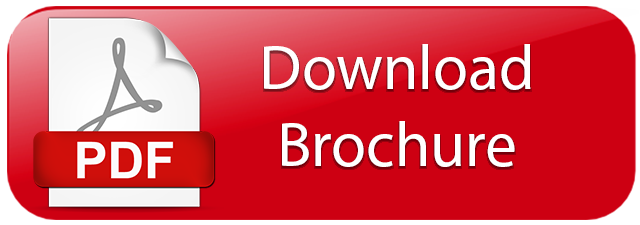
Amanda M Naaum
TRU-ID Ltd., Canada
Title: Regulatory tools for DNA-based seafood testing in Canada: DNA barcoding and beyond
Biography
Biography: Amanda M Naaum
Abstract
DNA barcoding, first developed in Canada in 2003, has evolved into a standard method for species identification over a wide range of organisms. In particular, food authenticity is one of the most common uses of this technology. The correct labeling of the biological species in food products is one of the critical components of authentic food. Mislabelling of species has economic, health and conservation impacts on a wide scale. As a result, DNA barcoding has been adopted as a regulatory tool by food agencies in several countries. This presentation reviews the use of DNA barcoding for seafood authenticity in particular with a focus on Canadian studies we have conducted. We compare findings from samples collected in restaurants or markets to those collected at import, showing generally increased levels of mislabelling incidences further in the supply chain. We also discuss our work to assess the readiness of public sequence databases to support regulatory testing in Canada and the ways in which citizen scientists can contribute. Finally, we conclude with the next step in DNA authenticity testing. Building on the databases of sequences available, the generation of a regulatory quality database with curated sequences of high quality has been used to create portable real-time PCR testing based on DNA barcoding data. This testing brings the power of the DNA barcode sequence library to the field by allowing testing for target species to be done on site by non-experts without needing to send samples out for Sanger sequencing. The increased accessibility to screening for particular species may help to address potential food fraud at multiple points in the supply chain.

